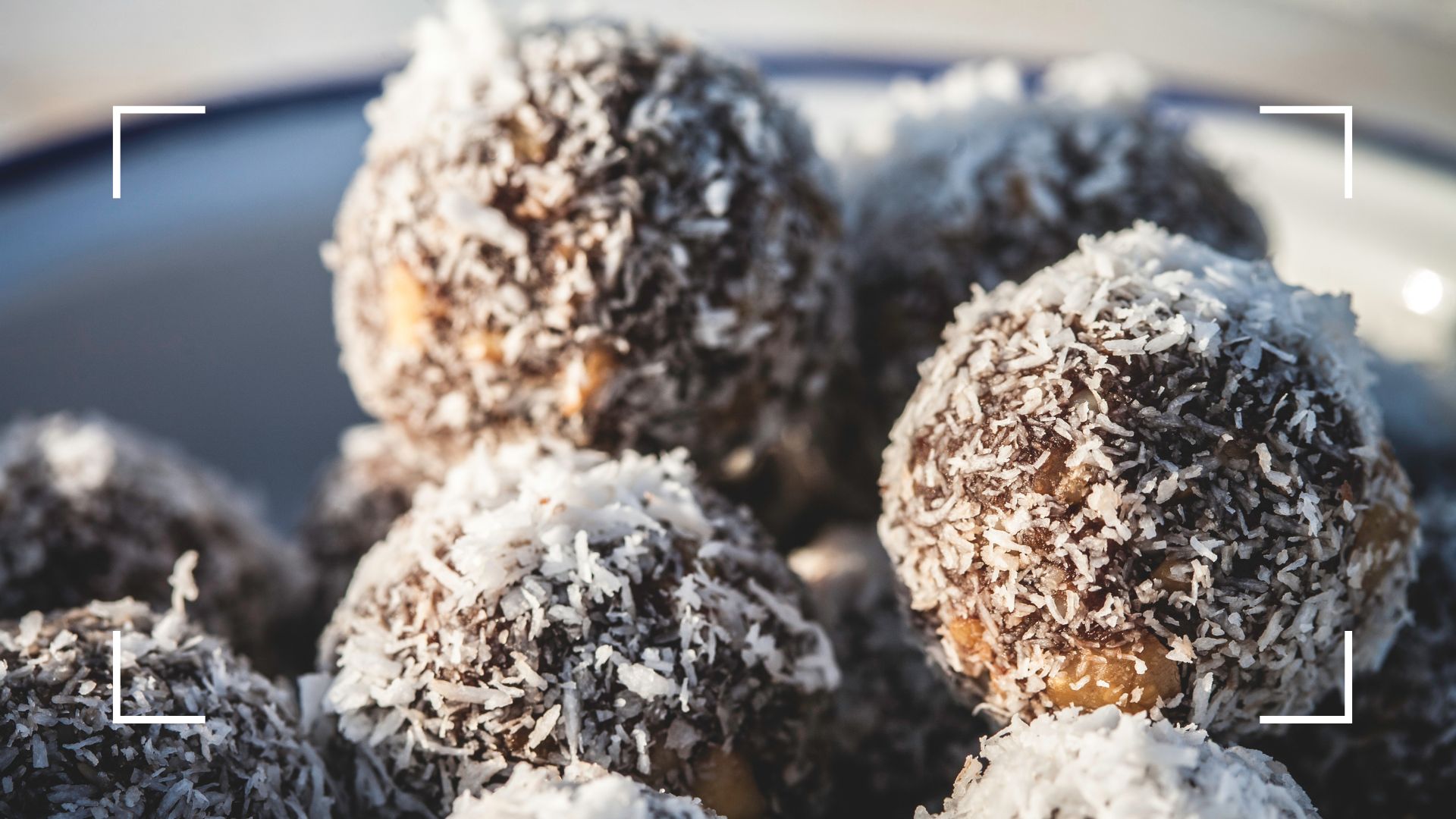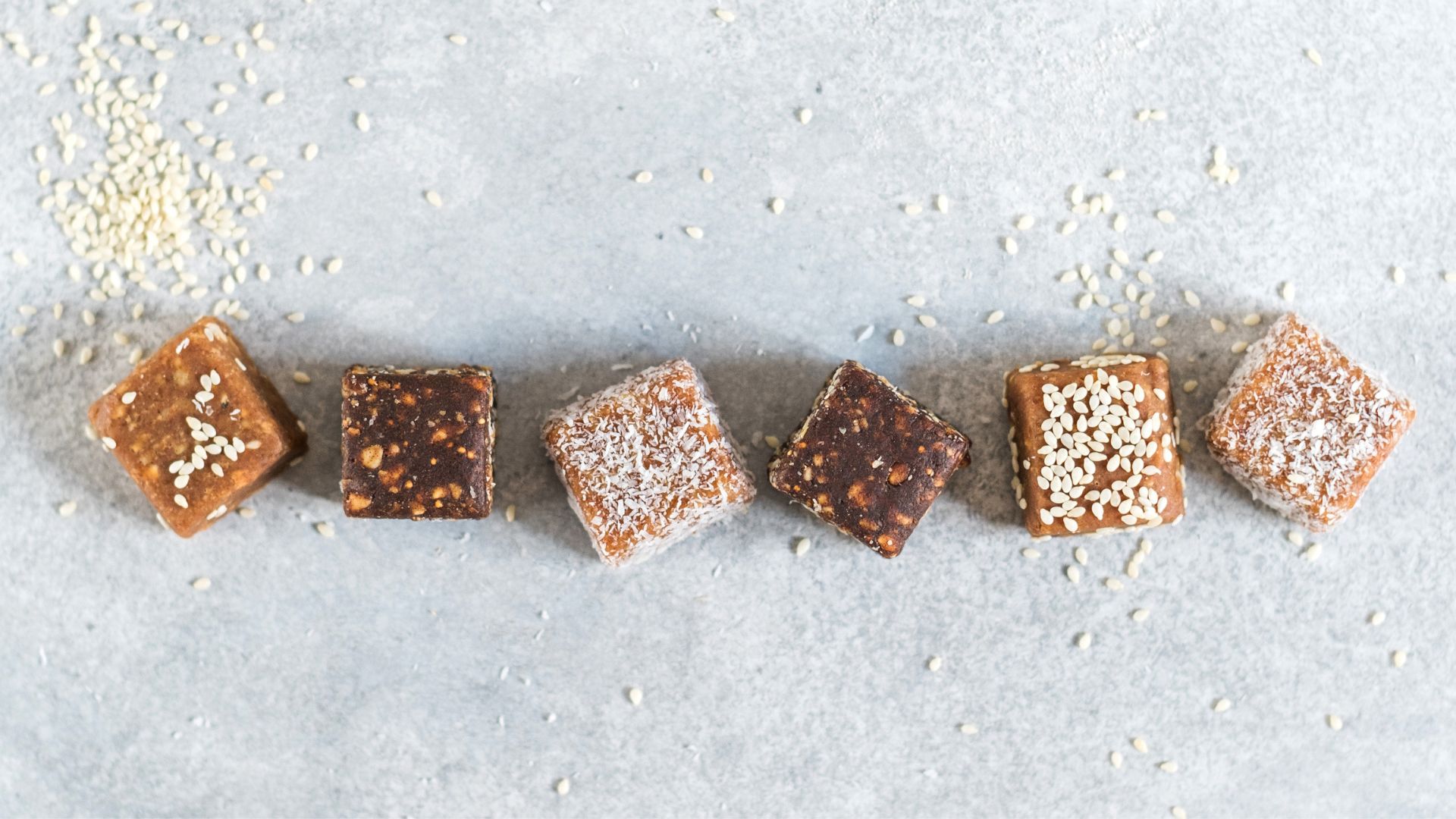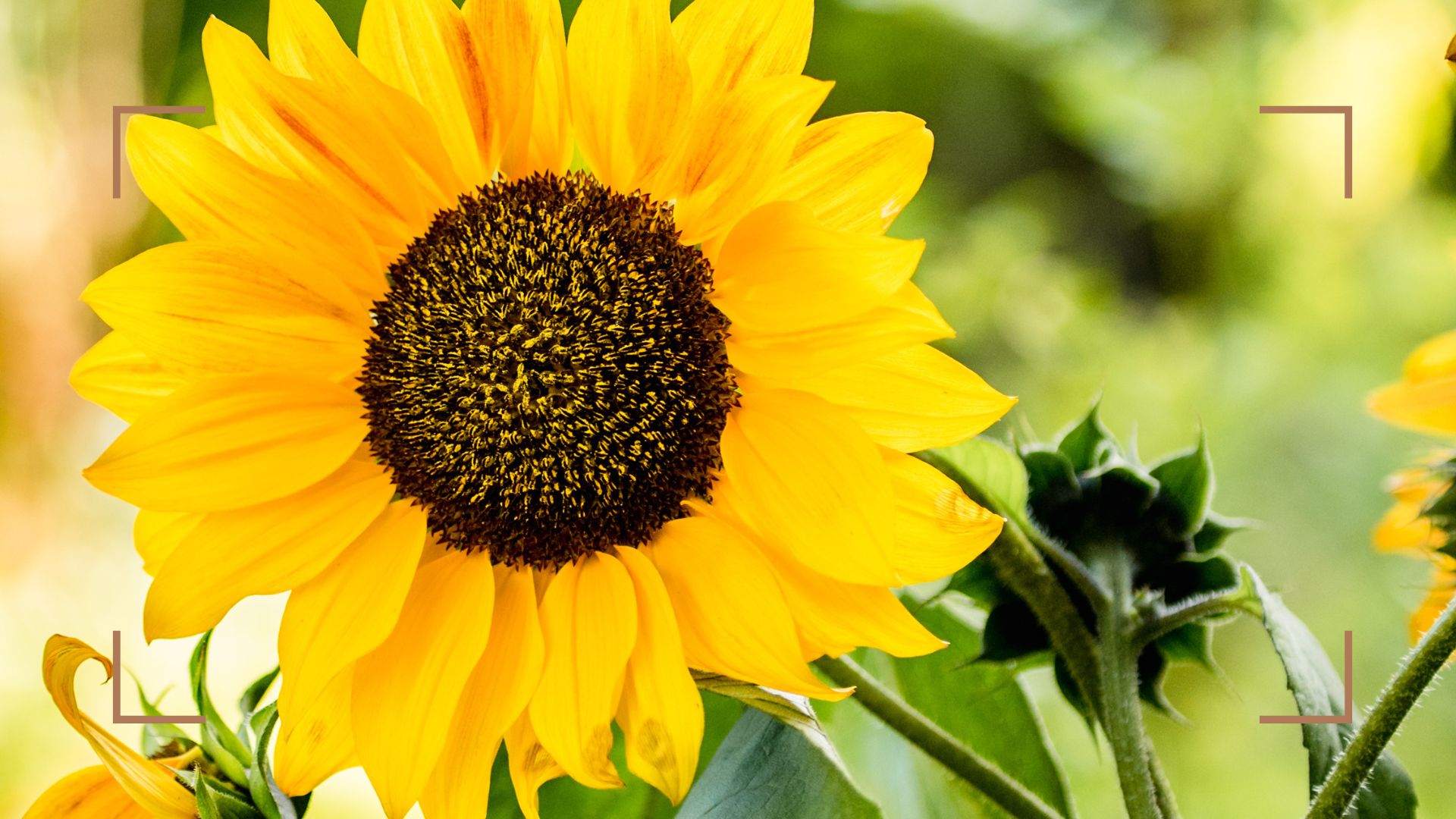What are fat bombs - and why should you be eating them?
Why fat bombs could help you lose weight and live a longer, healthier life


Fat bombs were made famous a couple of years ago by those following the ketogenic diet, thanks to their high fat and low carbohydrate ingredients.
Since then, millions of recipes have appeared online with everyone from nutritionists to influencers offering their own take on this energizing snack. You can make them to suit you, whether you prefer sweet or savory foods, but the most popular ones tend to include peanut butter, coconut oil, and some kind of chocolate flavoring.
Fat bombs are a great boost if you're looking for what to snack on when dieting, but they also make for an easy supplement to your meals even if you're not on a diet to help you stay fuller throughout the day. This is what you need to know about fat bombs and how to make them, according to a dietitian.
What are fat bombs?
Fat bombs are often very similar to energy bars and balls in shape and flavor, but 85% of their ingredients are foods high in healthy fats like coconut oil and peanut butter. They're particularly popular on eating plans like the ketogenic diet, where you're eating more protein and fats instead of carbohydrates.
But what do we mean when we say 'healthy' fats? Diet culture has given fat a bad name over the years, confusing different types of fat and their effect on the body. While it's true that some fat has a negative impact on our cardiovascular system, we need some types of fat to carry out basic bodily functions, just as we need other macronutrients like protein.
"When we say 'healthy' fats, we're referencing unsaturated fats such as monounsaturated or polyunsaturated fats, which can help increase HDL 'good' cholesterol," explains Reema Patel, a registered dietitian. "And when we talk about 'unhealthy' fats, we're referring to trans fats and a high intake of saturated fats as these can increase LDL 'bad' blood cholesterol, and increase the risk of heart disease."
Not all saturated fats are unhealthy though, and they can be included in your diet - and into your fat bombs - in moderation. "This includes those found in dairy or other food products such as avocados. A lot can depend on the structure of the fat, the types of saturated fats, and what other nutritional elements the food has," Patel adds. "Remember, we eat food, not just a single nutrient."
Sign up for the woman&home newsletter
Sign up to our free daily email for the latest royal and entertainment news, interesting opinion, expert advice on styling and beauty trends, and no-nonsense guides to the health and wellness questions you want answered.
Traditionally, these 'good' fats are found in:
- Nuts
- Seeds
- Oily fish
- Oils - like olive, sunflower, and canola
When combined together with oil, nuts, and seeds, plus other ingredients for flavoring such as cacao powder, vanilla extract or even protein powder, you have a fat bomb.

Why should you be eating fat bombs?
Fat is an essential nutrient for daily life, as a study by Purdue University explains, as it provides energy when it's metabolized by the body. "But it's also essential for the creation of our cell membranes and hormones," explains Patel, who is a London dietitianfor Dietitian Fit and Co. "Fat also allows us to absorb certain vitamins, such as vitamin A, D, E and K."
She continues, "Unsaturated fats have been linked to a lower risk of developing high blood cholesterol, as well as reducing the chance of further health complications such as heart disease and stroke. You'll also find Omega 3 fatty acids from healthy fat sources like oily fish, and these have benefits like reducing blood pressure and the risk of heart disease, as well as benefiting brain health."
Plus, fat bombs should be at the top of your list if you're looking to stay in a calorie deficit to lose weight, or want to combat the effects of nasty keto headaches caused by hunger. "They can help us stay fuller for longer and help control our appetite-regulating hormones, unlike carbohydrate-heavy foods, which are often more quickly digested."
Fat bomb recipe
Itching to get cooking? Making your own fat bombs couldn't be easier.
Ingredients
Essentially, creating the perfect fat bomb comes down to combining your favourite elements from each of the following categories:
- Healthy fats such as cacao butter, coconut butter, peanut or almond butter, coconut oil, coconut milk or cream, dairy cream, cream cheese, grass-fed butter, ghee and avocado
- Low-carb flavouring e.g. cacao powder, unsweetened dark chocolate, vanilla extract, salt or spices
- If you prefer a little texture, add in a handful of nuts, seeds, shredded coconut or cacao nibs
Method
- Simply combine your chosen ingredients in a mixing bowl, blender or food processor (if you're using coconut oil, you might like to heat it up a little first, in order to soften it).
- Mould the resulting mixture into small balls or pour into a mini muffin tray or paper cases. Refrigerate overnight, or freeze for 6-8 hours. You can safely keep your fat bombs in the fridge for at least 1-2 weeks.
- Some opt to combine boiled eggs, butter, mayonnaise and even bacon to form savoury fat bombs, but chocolate fat bombs are by far the most popular choice.
- Make your own chocolate bomb by combining coconut oil, almond butter and cacao powder. Make it your own by adding sea salt, vanilla extract, cinnamon or cream, or just sit back and enjoy it in all its wondrous simplicity. Being good never felt so naughty...

Grace Walsh is woman&home's Health Channel Editor, working across the areas of fitness, nutrition, sleep, mental health, relationships, and sex. She is also a qualified fitness instructor. In 2025, she will be taking on her third marathon in Brighton, completing her first ultra marathon, and qualifying as a certified personal trainer and nutrition coach.
A digital journalist with over seven years experience as a writer and editor for UK publications, Grace has covered (almost) everything in the world of health and wellbeing with bylines in Cosmopolitan, Red, The i Paper, GoodtoKnow, and more.

